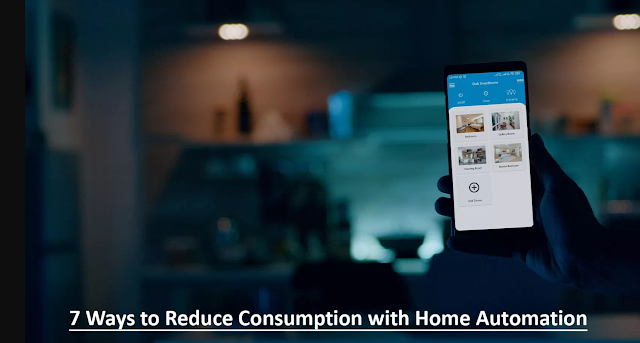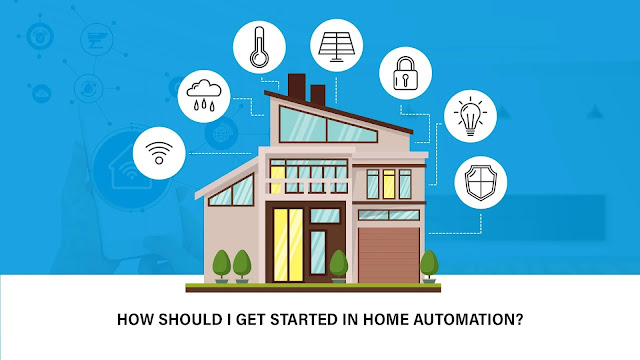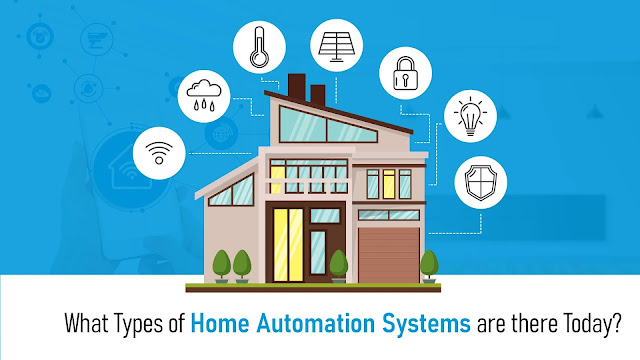Wireless Home Automation Features and Benefits

Wireless home automation is a new addition to modern-day households. It allows homeowners to control their home appliances remotely through an app or voice assistants such as Amazon Alexa or Google Home. This technology enables homeowners to regulate their homes' temperature, lighting, and security systems easily. One of the most significant benefits of wireless home automation is convenience. With this technology, you can turn off your lights or adjust the thermostat without leaving your bed or couch. Additionally, it provides increased energy efficiency by allowing users to monitor and manage their energy consumption better. Another advantage of wireless home automation is enhanced security. With features like smart locks and doorbells, homeowners can oversee who enters and exits their homes remotely. They can also receive alerts when unusual activities occur around their property through sensors placed around the house. Home automation offers data and control




